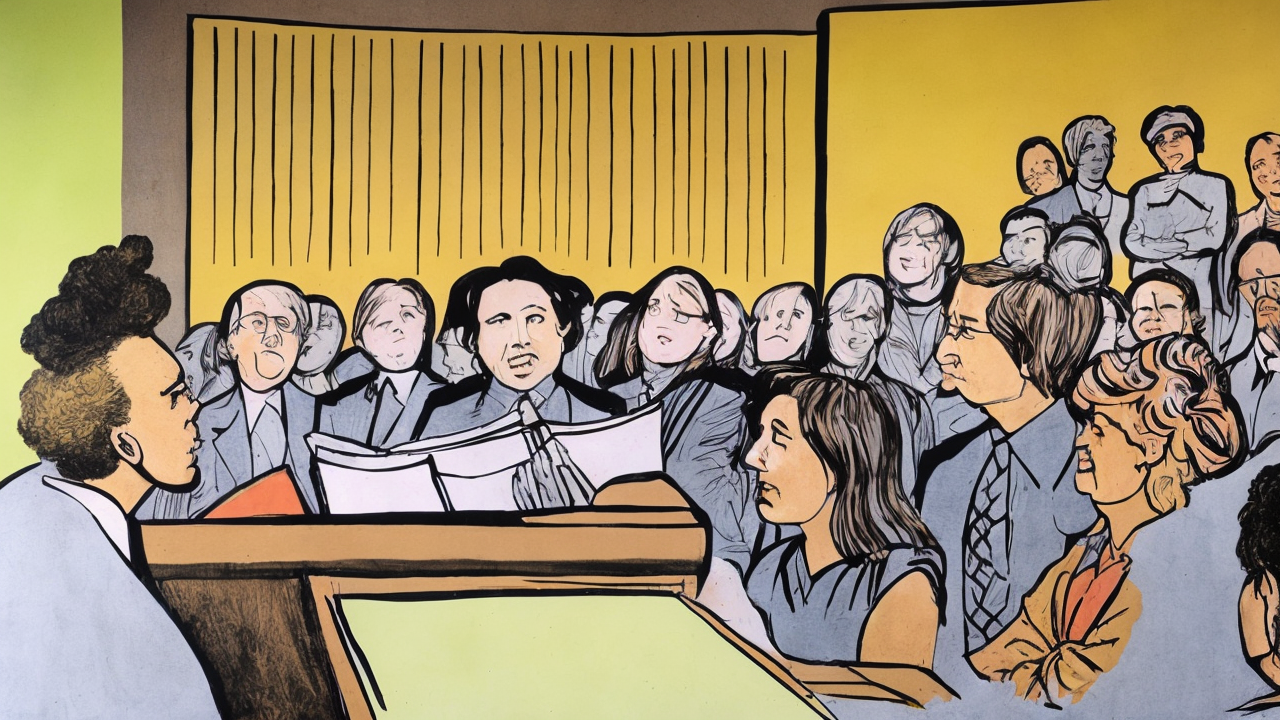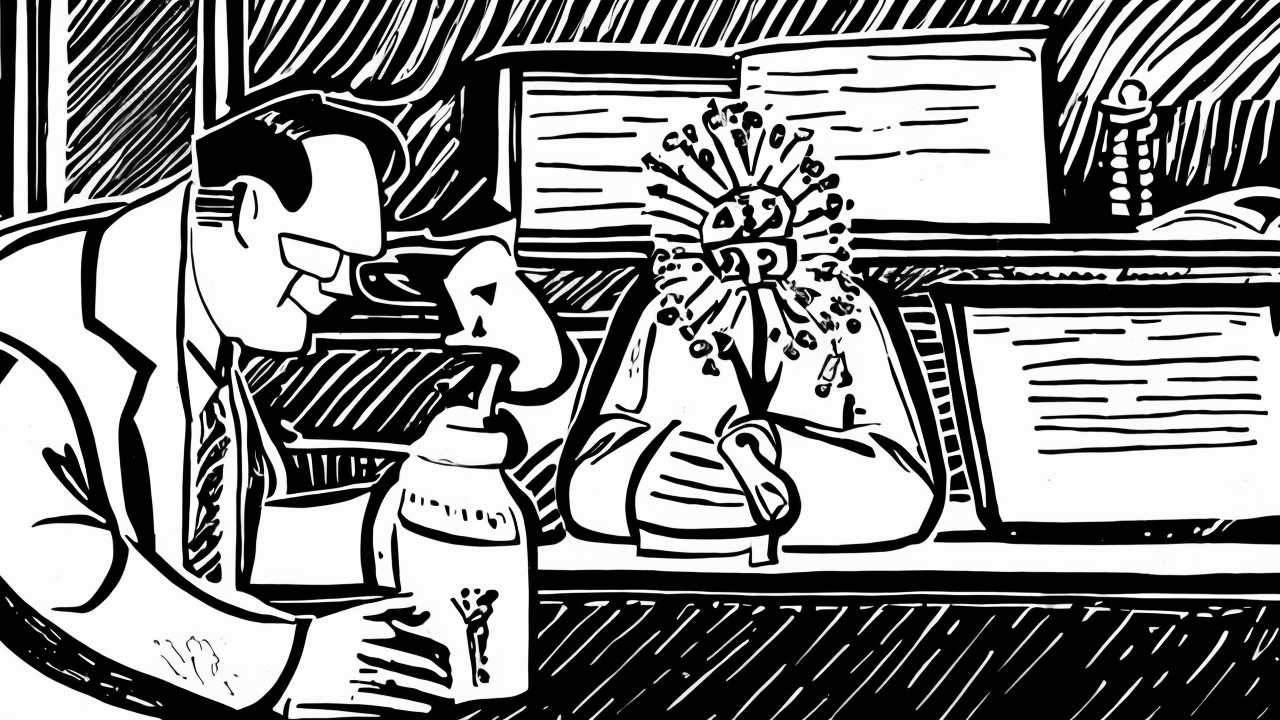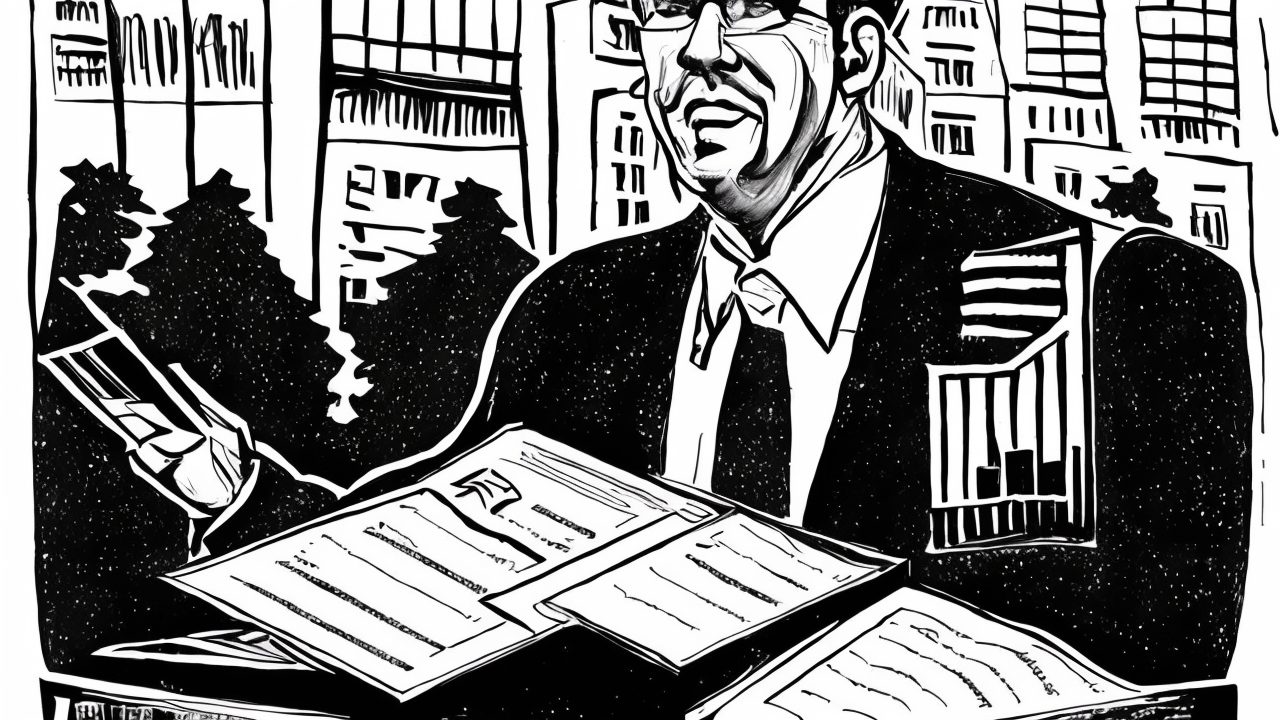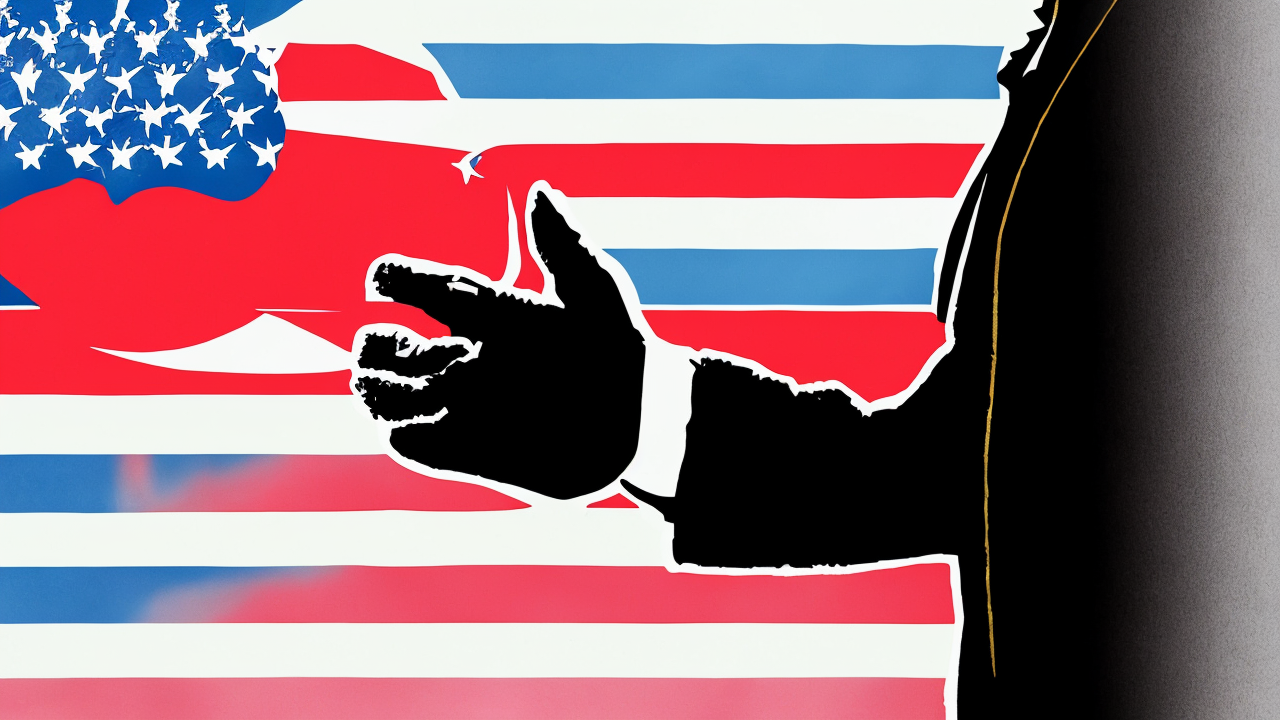Terrorism Chic: The Dangerous Allure of Radical Rhetoric

In recent years, a troubling shift has taken root in American public life. Passion is no longer reserved for debate—it has become a weapon. Outrage has replaced conversation. Confrontation is often preferred over compromise. And ideological extremism is increasingly celebrated, even when it undermines truth, order, and moral responsibility.
This is not simply about disagreements. It is about a deeper cultural transformation. Radical language, once confined to fringe groups, now appears in mainstream discourse. On college campuses, in newsrooms, and across digital platforms, terms like “systemic oppression,” “decolonization,” and “revolution” are used not just to critique, but to justify dismantling long-standing norms of law, decency, and personal accountability.
The assassination of Charlie Kirk—a young advocate for free speech, constitutional principles, and honest dialogue—was not an isolated tragedy. It was a warning. The weapon used in the attack bore the mocking inscription: “Hey fascist, CATCH!” This was not just a taunt. It was a declaration: dissent, especially when it upholds traditional values, is no longer protected by law. It is now seen as fair game.
The danger is not only in the violence itself but in the culture that makes such violence seem inevitable. When educators teach that biology is a social construct, when media outlets prioritize grievance over facts, and when calls for open borders ignore national sovereignty, they weaken the shared understanding of truth that holds society together. When law enforcement is dismissed as inherently oppressive, and when institutions are dismantled without regard for consequence, the foundation of order begins to crumble.
This is not a simple political disagreement. It is a cultural war—one over the soul of America. Over decades, the left has gained influence in the institutions that shape young minds: schools, universities, tech platforms, and entertainment. As a result, many younger people are being taught that identity matters more than character, that emotion overrides reason, and that moral absolutes are outdated relics.
This is not neutrality. It is a deliberate reorientation of values.
But conservatives are not immune. While we must defend truth, tradition, and liberty, we must also resist the temptation to respond with the same anger, the same performative outrage, or the same refusal to listen. Escalation only deepens division. The path forward is not retaliation. It is restoration.
We must rebuild a culture where ideas are tested through reason, not rage. Where disagreement is met with respect, not hostility. Where leadership is defined by integrity, not intimidation. We must teach our children that freedom is not license, that justice is not revenge, and that democracy depends not on mob rule, but on disciplined civic virtue.
The strength of our republic does not come from political power alone. It comes from the character of its people. To preserve it, we must reclaim the cultural high ground—not through force or fear, but through quiet conviction, the dignity of service, and a steadfast commitment to truth, family, and faith.
The real battle is not for votes or legislation. It is for hearts and minds. And in that struggle, the most powerful weapon is not anger, but the enduring light of wisdom, responsibility, and love.
Published: 9/25/2025








